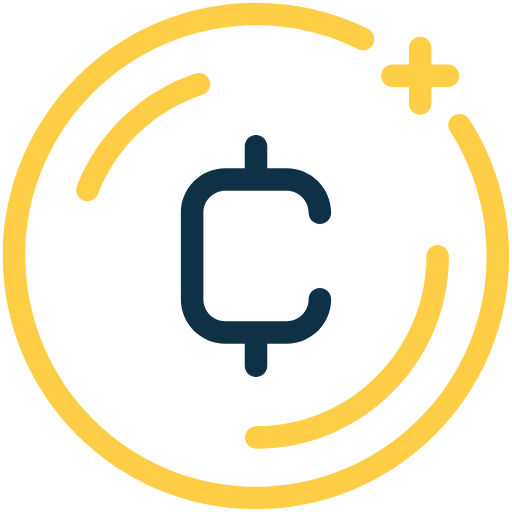
Creating content and educational materials for your followers online can be extremely rewarding. It’s common to hear stories of people who make a great living by publishing content to social media or sharing videos.
YouTubers like Pewdiepie are almost household names and make millions of dollars a year from their passion. To those on the outside, it can seem like a dream lifestyle. But being a content creator can be tough, especially when your income depends on it. For every mega-successful YouTuber or Instagram celebrity, there are many, many others who are struggling to make ends meet.
There are lots of reasons for this. Being a content creator comes with many risks and challenges, from finding somewhere to publish your work to fighting off plagiarism. One of the biggest problems is sustainability — it can be hard to generate a reliable income every month.
There could be a way to make things easier though, and it involves blockchain technology and a new company.
First, though, let’s take a deeper look at the challenges facing content creators today.
The problems with being a content creator
Content creation, and educating others online, is evolving fast. Lots of content creators rely on existing platforms like Facebook, Instagram, and YouTube to publish their content. Since these sites already have enormous user bases, it’s a ready-made audience.
That means huge potential, and the chance to make life-changing amounts of money doing something that you’re passionate about. Unfortunately, there are downsides too. These platforms tend to take a big cut of your profits — Facebook’s Watch feature takes 45% of all revenue, for example.
There’s clearly a huge market for educational and entertaining content, but unfortunately reaching that market is difficult without relying on big, expensive platforms. Those platforms are well aware of this fact, and they make sure to profit from it.
There’s also the issue of plagiarism. Designers, writers, and other content creators can work for hours on something, only to have it stolen by an opportunistic thief. Often it’s very hard to get justice and reclaim the work, especially if the thief is a big organization.
So what’s the solution?
Blockchain’s solution
The key to a fairer and more rewarding ecosystem for content creators could lie with blockchain technology. Because of its decentralized nature, blockchain is the ideal antidote to centralized monopolies like YouTube and Facebook that control the content-sharing market.
If done properly, blockchain could be used to give content creators and educators much more control over what they publish, and share it in a better way. It’d make it easier to monetize content and have more freedom over it.
A new promising project called AC3 hopes to make life easier for content creators and educators. It’ll allow them to share their work with their audience directly, and use a more secure and transparent system to avoid plagiarism.
Unlike many other blockchain companies, AC3 didn’t go down the ICO route when funding their project and chose to focus instead on building the technology. The platform is straightforward: fans and followers pay with AC3 tokens to access content, and creators can also sell their content for these same tokens. They can be used as currency to buy things like design and programming courses within the platform.
AC3 also focuses on fighting plagiarism.
The platform uses its own wallet software, so each user gets their own secure wallet. The content they send and receive on AC3 is protected, using blockchain technology and cryptographic hashes to make sure nobody can use it without their permission.
It’s certainly a noble goal and is filling a need that’s becoming harder to ignore. As more and more people turn to the internet to share content and make a living, platforms like AC3 can help this become a viable lifestyle and remove many of the drawbacks.
By fighting plagiarism and offering an alternative to giant content platforms, blockchain technology could give content creators a level of freedom they haven’t experienced before, along with the peace of mind of a regular income.
